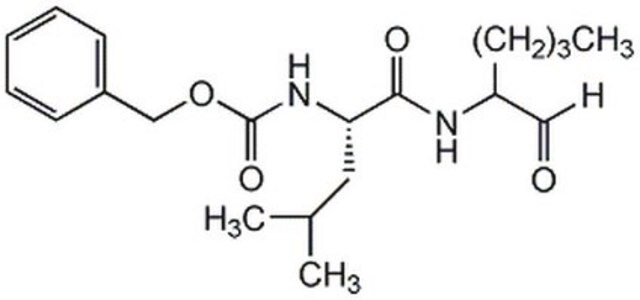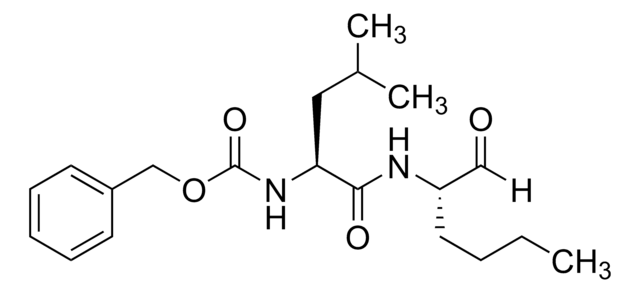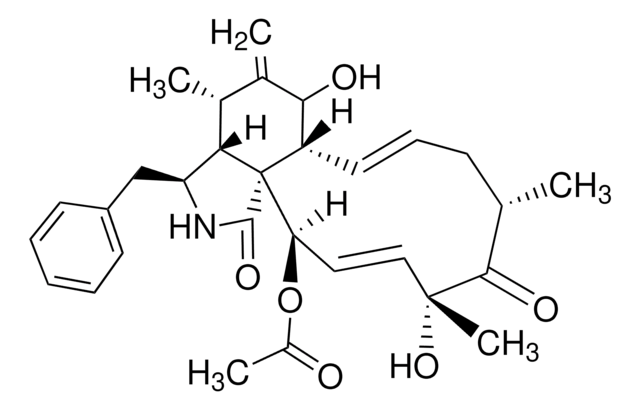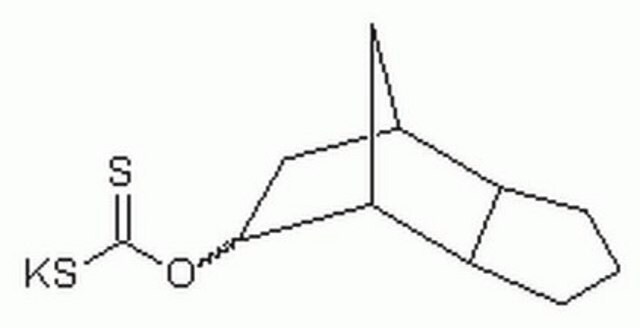About This Item
Recommended Products
Assay
≥97% (HPLC)
Quality Level
form
powder
solubility
methanol: 9.80-10.20 mg/mL, clear, yellow to very deep yellow
storage temp.
2-8°C
SMILES string
CCCC[C@@H](C)\C=C(C)\C=C(/C)C(=O)NC1=C[C@@](O)(\C=C\C=C\C=C\C(=O)NC2=C(O)CCC2=O)[C@@H]3O[C@H]3C1=O
InChI
1S/C31H38N2O7/c1-5-6-11-19(2)16-20(3)17-21(4)30(38)32-22-18-31(39,29-28(40-29)27(22)37)15-10-8-7-9-12-25(36)33-26-23(34)13-14-24(26)35/h7-10,12,15-19,28-29,34,39H,5-6,11,13-14H2,1-4H3,(H,32,38)(H,33,36)/b8-7+,12-9+,15-10+,20-16+,21-17+/t19-,28?,29-,31+/m1/s1
InChI key
TWWQHCKLTXDWBD-YCWSEAROSA-N
Application
Biochem/physiol Actions
Storage Class Code
11 - Combustible Solids
WGK
WGK 3
Flash Point(F)
Not applicable
Flash Point(C)
Not applicable
Personal Protective Equipment
Regulatory Listings
Regulatory Listings are mainly provided for chemical products. Only limited information can be provided here for non-chemical products. No entry means none of the components are listed. It is the user’s obligation to ensure the safe and legal use of the product.
JAN Code
M6418-5MG:
M6418-VAR:
I-4439:
M6418-10MG:
M6418-5MG-PW:
M6418-BULK:
Certificates of Analysis (COA)
Search for Certificates of Analysis (COA) by entering the products Lot/Batch Number. Lot and Batch Numbers can be found on a product’s label following the words ‘Lot’ or ‘Batch’.
Already Own This Product?
Find documentation for the products that you have recently purchased in the Document Library.
Articles
We present an article about how proliferating cells require the biosynthesis of structural components for biomass production and for genomic replication.
Our team of scientists has experience in all areas of research including Life Science, Material Science, Chemical Synthesis, Chromatography, Analytical and many others.
Contact Technical Service







